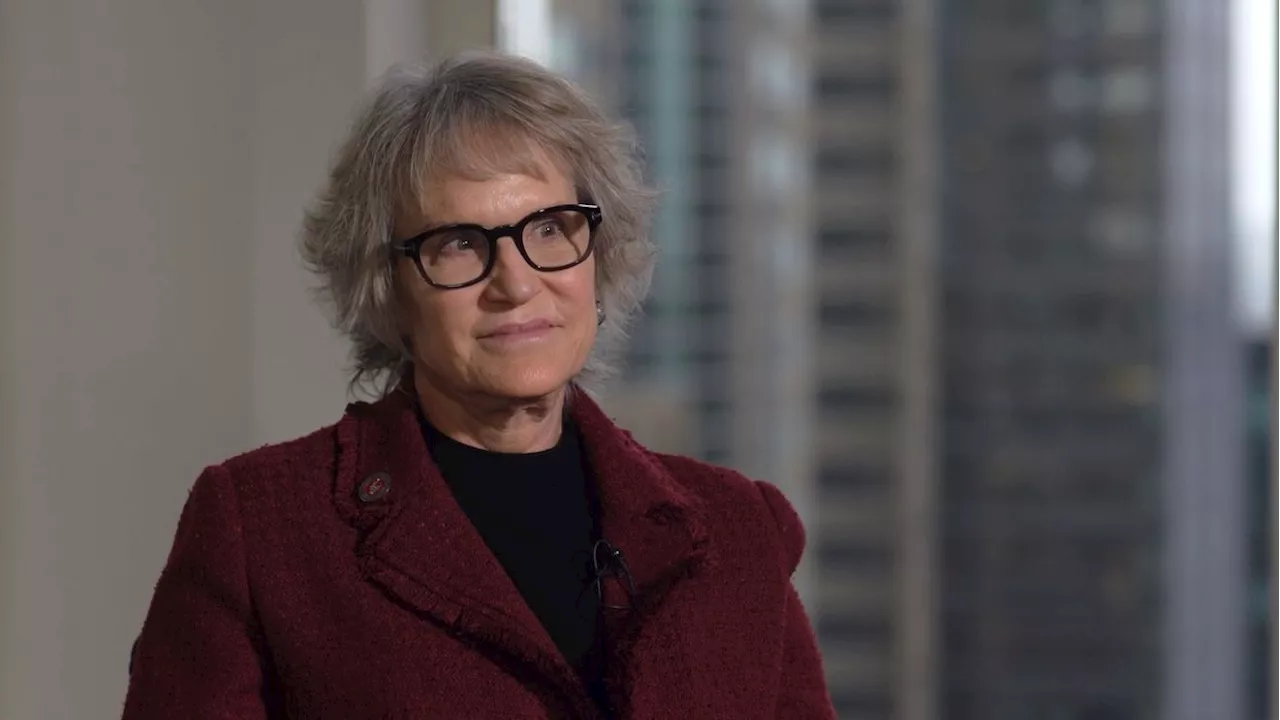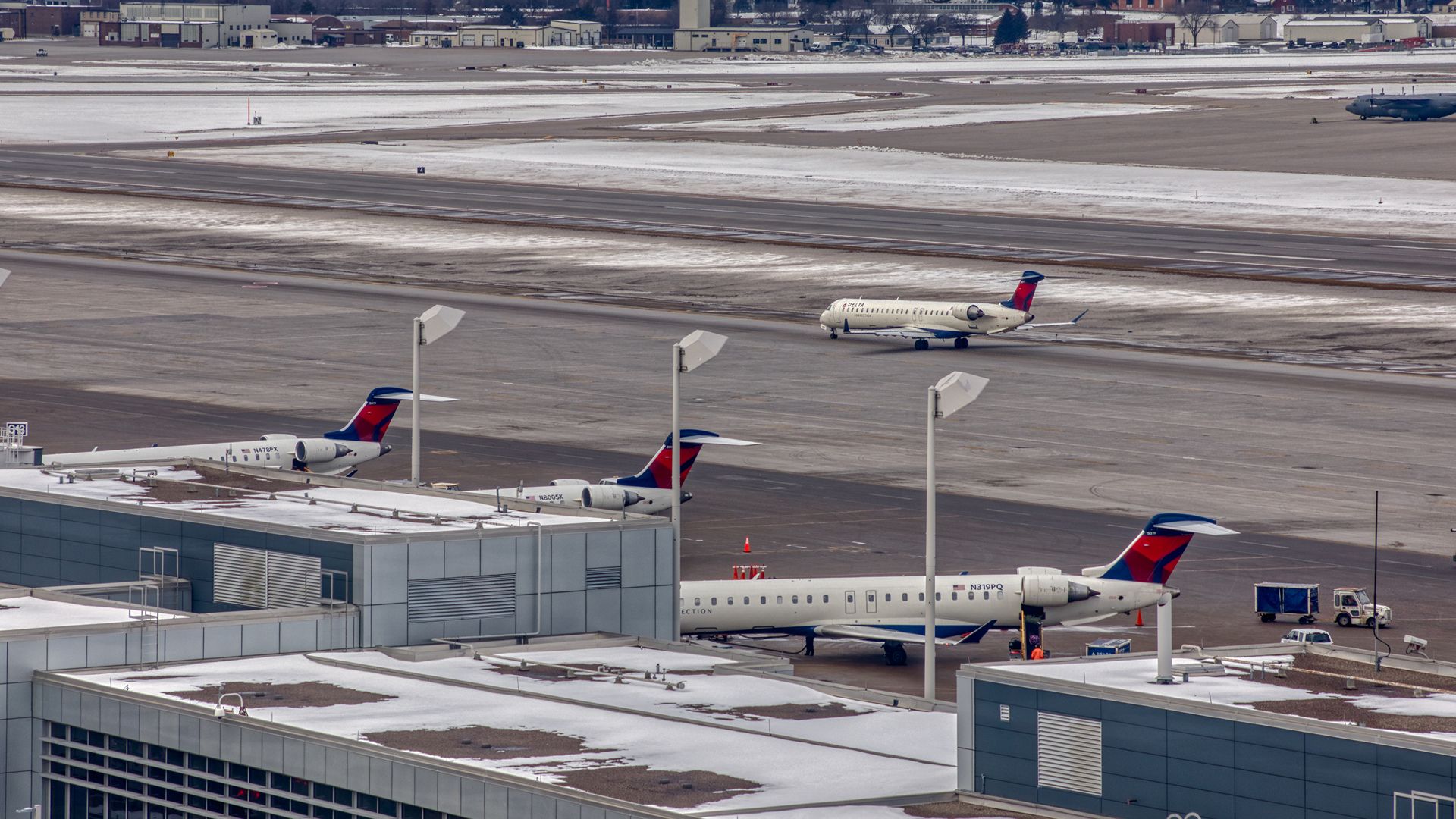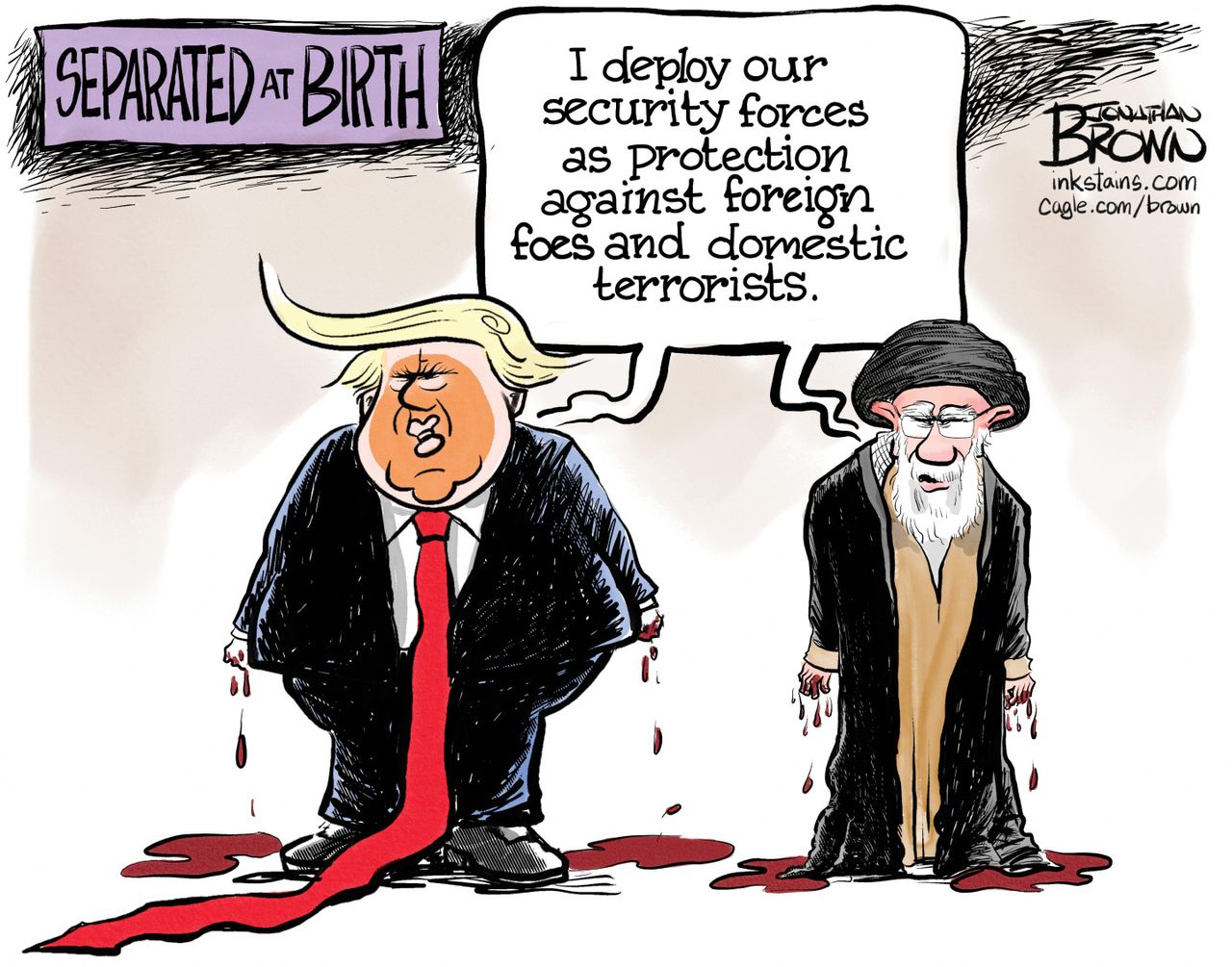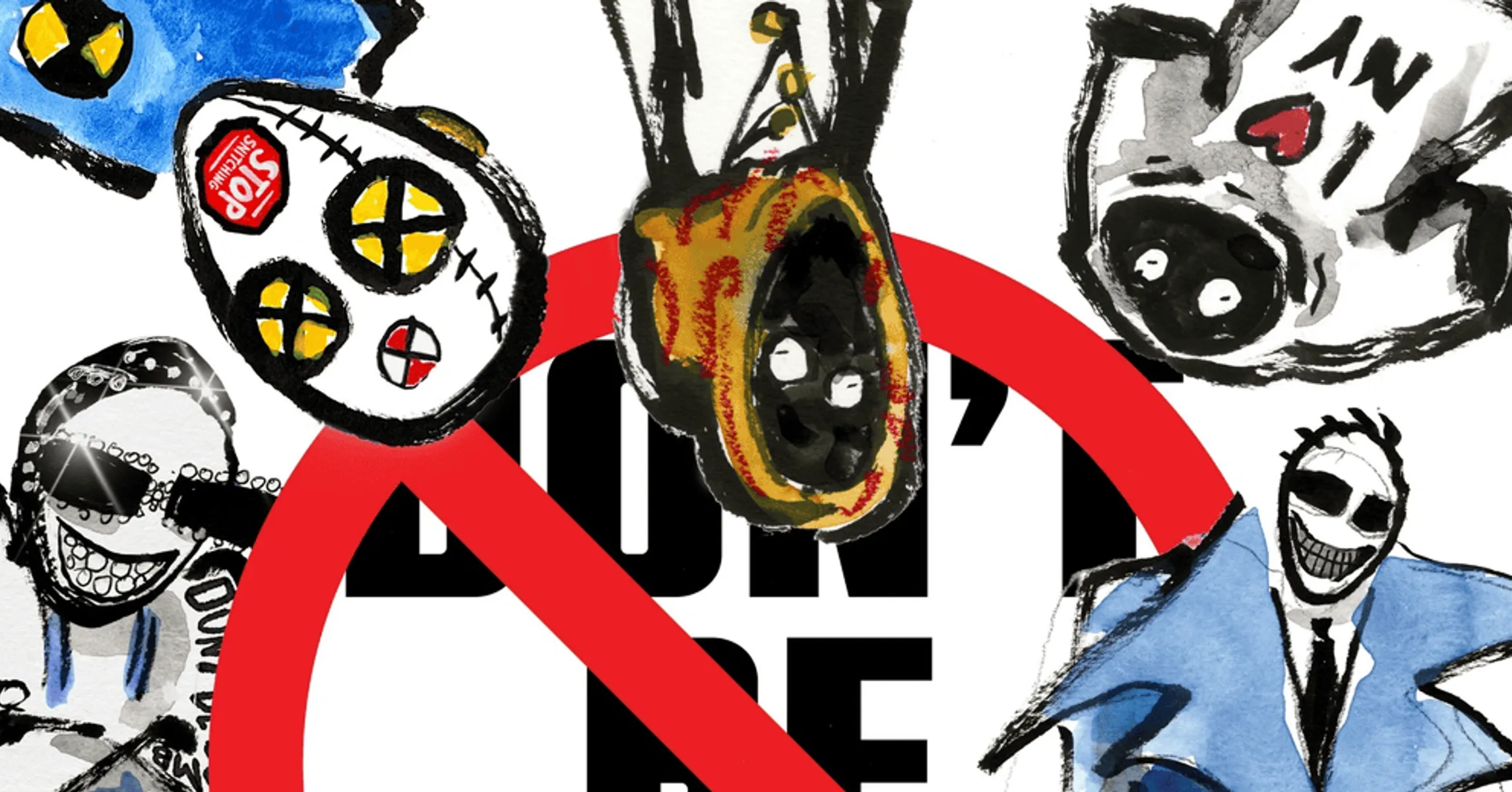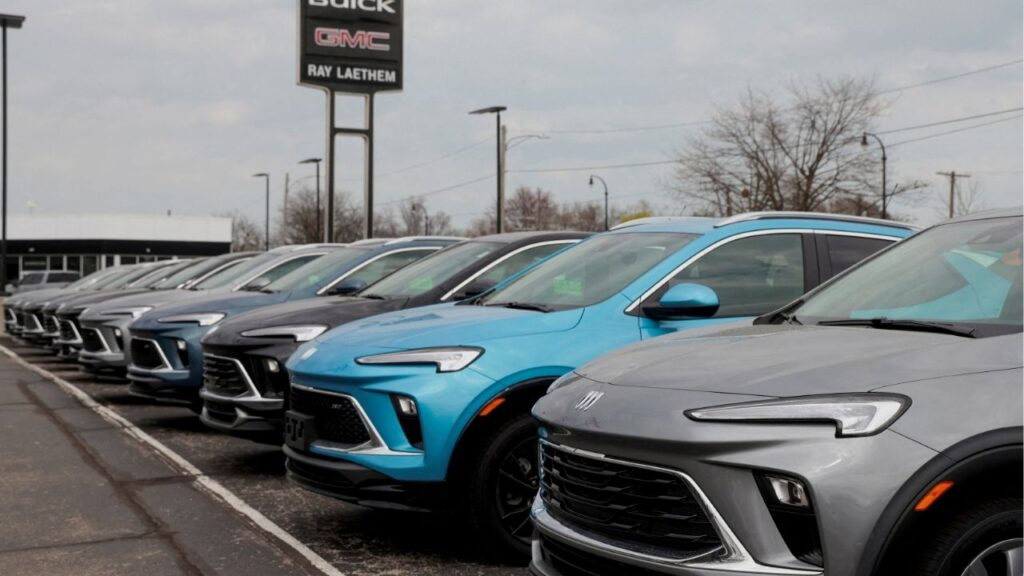
California Governor Gavin Newsom has vetoed a bill that would have allowed car dealerships in the state to increase fees on vehicle purchases by up to $175. This decision, announced on Monday, blocks Senate Bill 791, which sought to raise the cap on fees dealers can charge for processing paperwork from $85 to as much as 1% of the vehicle’s purchase price, with a maximum limit of $260.
In his veto message, Newsom expressed concerns about the rationale behind the proposed fee increase. He stated that charging car buyers more for what amounts to “only minutes of data entry” was unjustifiable, especially during a time when many Californians are grappling with a high cost of living. “This bill would raise the document processing fee to three times the current $85 cap—far beyond what an inflation adjustment would justify,” he wrote.
The California New Car Dealers Association expressed disappointment following the veto. Its president, Brian Maas, emphasized that the current fee cap is the lowest in the country. He asserted that even the proposed increase would still place California dealers in the bottom quartile of fees nationwide. Dealerships contend that the state continually imposes new laws that elevate their operational costs without allowing them to recuperate these expenses through service charges, due to the existing fee cap.
New Regulations Complicate Dealer Operations
Frustration among car dealers has been heightened by the recent enactment of Senate Bill 766, which introduces stricter regulations aimed at protecting consumers. This legislation allows used car buyers to return vehicles purchased for less than $50,000 within three days for a full refund, thereby introducing a three-day “cooling-off” period. This new law, which takes effect on October 1, 2026, also mandates that dealers disclose total costs upfront and prohibits charges for add-ons that do not provide real benefits to customers.
Maas criticized this additional burden, noting that it adds significant responsibilities for dealers while the veto of SB 791 leaves them without relief from rising costs.
Legislative Dynamics and Future Implications
The passage of the now-vetoed fee increase was surprising, given that legislative leaders from both parties had committed to reducing costs this year. Originally, an earlier version of the bill proposed a fee hike to $500, which garnered overwhelming support in the Senate, with only one senator opposing it. Following public scrutiny, the bill’s author, Sen. Dave Cortese from San Jose, reduced the proposed fee in subsequent negotiations to $350 and then to $260 in the Assembly.
Cortese defended the need for this fee adjustment, arguing that it would allow dealers to fairly compensate employees for the extensive documentation required by state regulations. He noted that the current system demands processing of over 113 different documents for a single sale, all of which stem from legislative mandates.
Despite the legislative support, the veto reflects the challenges of garnering public and political backing for fee increases, particularly in a climate focused on reducing costs. Cortese acknowledged that the prevailing sentiment regarding cost reductions likely influenced Newsom’s decision.
Consumer advocacy groups welcomed Newsom’s veto. Rosemary Shahan of Consumers for Auto Reliability and Safety expressed her satisfaction, viewing the veto as a victory for car buyers. She praised the new three-day return policy as a significant step towards protecting consumers from misleading sales practices, allowing them to make informed decisions without immediate pressure.
The veto of Senate Bill 791 represents a critical moment in California’s ongoing discourse about consumer rights and the operational realities faced by car dealerships, underscoring the balance lawmakers must strike between supporting businesses and protecting consumers.

